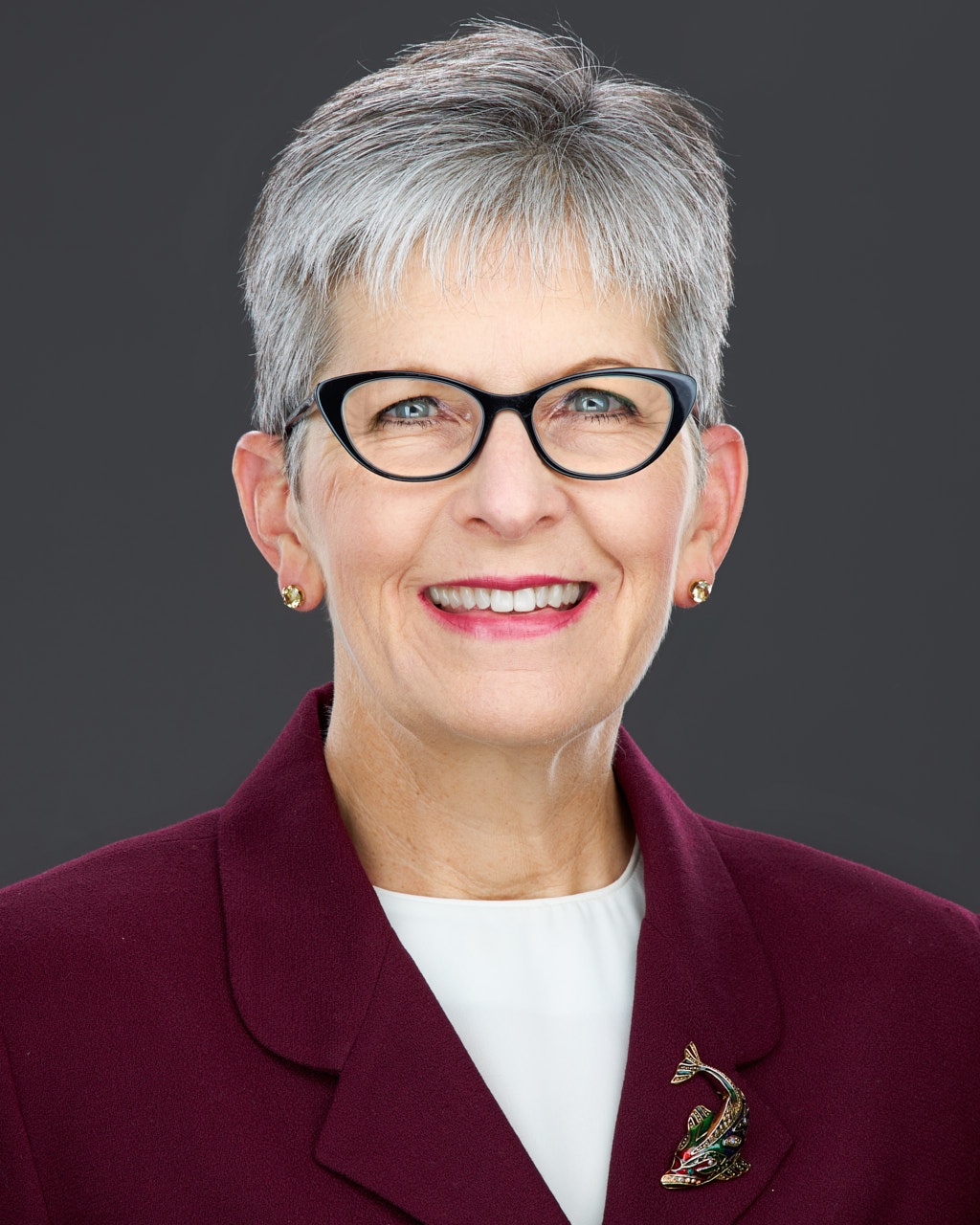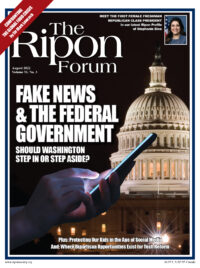
The latest Pew Research Center data shows a mere 20 percent of Americans trust the federal government to do what’s right most or all of the time. Our public trust is lower than Europe’s, according to a recent survey from the Organization for Economic Cooperation and Development (OECD). Yet even in Europe, the public expressed concerns about insufficient engagement opportunities and governmental responsiveness.
Clearly, a lack of trust in government is an issue that all developed democracies are facing, and it is exacerbated by a deep feeling of unease. The 21st Century, after all, has not been kind to us. We’ve had the metaphorical equivalent of a 100-year flood almost every year. From a global pandemic to financial crises, terrorism, wars, school shootings, environmental calamities, and social inequities — the hits have come at a rapid pace.
It’s easy to despair. Yet, we can draw inspiration from previous generations of Americans who faced seemingly insurmountable problems. Consider the Great Depression and World War II era, which, as famously described, was certainly “no ordinary time.” Those Americans went on to save our democracy, establish civil rights and liberties at home, and pioneer a new international order. Given these impressive accomplishments, is it any wonder that citizens in the 1950s and 1960s reported such high trust in government?
Clearly, a lack of trust in government is an issue that all developed democracies are facing, and it is exacerbated by a deep feeling of unease.
Just as our forebearers were “present at the creation” of a new world, we, too, find ourselves living in an unsettled time in which the old ways of operating no longer fit the moment. A government must earn public trust by (1) advancing justice, fairness, and inclusion and (2) creatively partnering with civil society to meet critical needs. If politics is downstream of culture, trust is downstream of these fundamental public values.
What should American governments at all levels do to enhance performance and trust? I have four major suggestions:
Commit to addressing the most significant challenges facing the country. To build trust, governments must not only make a commitment to addressing the most significant modern-day challenges facing our society, but also be able to demonstrate progress while working in partnership with the public. They could start with the Grand Challenges in Public Administration. Identified by the National Academy of Public Administration, of which I am the President and CEO, the Grand Challenges cover such critical topics as protecting and advancing democracy, strengthening social and economic development, ensuring environmental sustainability, and addressing technological changes. The 12 Grand Challenges are long-running issues that require decade-long commitments, paradigm shifts, and collaborative partnerships for progress.
Strategize in an iterative manner. After committing to address these Grand Challenges, governments must develop comprehensive and understandable strategies through active engagement with the public. Establish clear goals, timelines, and desired outcomes. Evaluate progress objectively and transparently over time. Tell the public what’s working, what’s not, and how to improve the results. And adjust the strategies in real time, in an agile fashion, to ensure they don’t become obsolete.
To build trust, governments must not only make a commitment to addressing the most significant modern-day challenges facing our society, but also be able to demonstrate progress while working in partnership with the public.
Build capacity. Commitment and strategy, while necessary, are insufficient. They must be matched with the administrative capacity that, all too often, lags public needs. Federal, state, local, and Tribal governments must work together more effectively, efficiently, and equitably to leverage their individual capabilities to greater effect. They should incorporate lessons learned from academic studies, evaluations, and organizational assessments more routinely into program design and operations. And as Baby Boomers continue to exit the workforce, governments must do a better job of recruiting and retaining younger workers — especially the public-spirited Millennial and Gen Z generations that want to give back, but often don’t see the public sector as the place to do it.
Institutionalize new ways of working. As horrific as the pandemic has been, there’s one silver lining: it changed the world of work forever. Government agencies turned on a dime, showing that it is possible for bureaucracies to adapt. Now, the public sector should be guided by a simple rule: wherever possible, be agile. Streamline administrative processes. Embrace digital tools such as AI where appropriate. Enhance the customer experience. Engage the workforce with team-based approaches. Mitigate hierarchy and silos with networks. Agile techniques can even be utilized in regulatory processes.
Modern America faces no shortage of challenges. But each challenge is also an opportunity to come together across our various divides – geographic, political, and generational – to grow and try new things; to build trust by making government make life better for the people it serves.
Together, governments at all levels must work in partnership with each other and the public, truly listening to their concerns and then delivering high-performing results grounded in the bedrock values of justice, fairness, and inclusion.
This is the calling of our time, and as we work toward it, we will find trust in government begins to grow again.
Terry Gerton is the President and CEO of the National Academy of Public Administration (@napawash).




